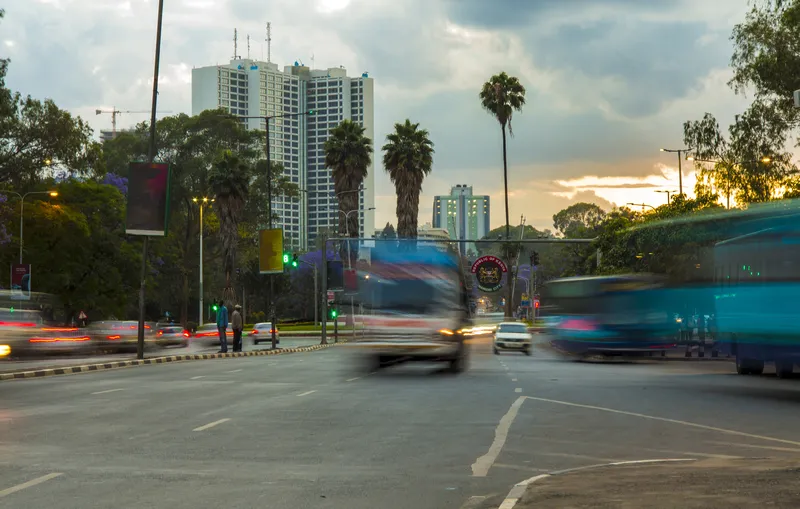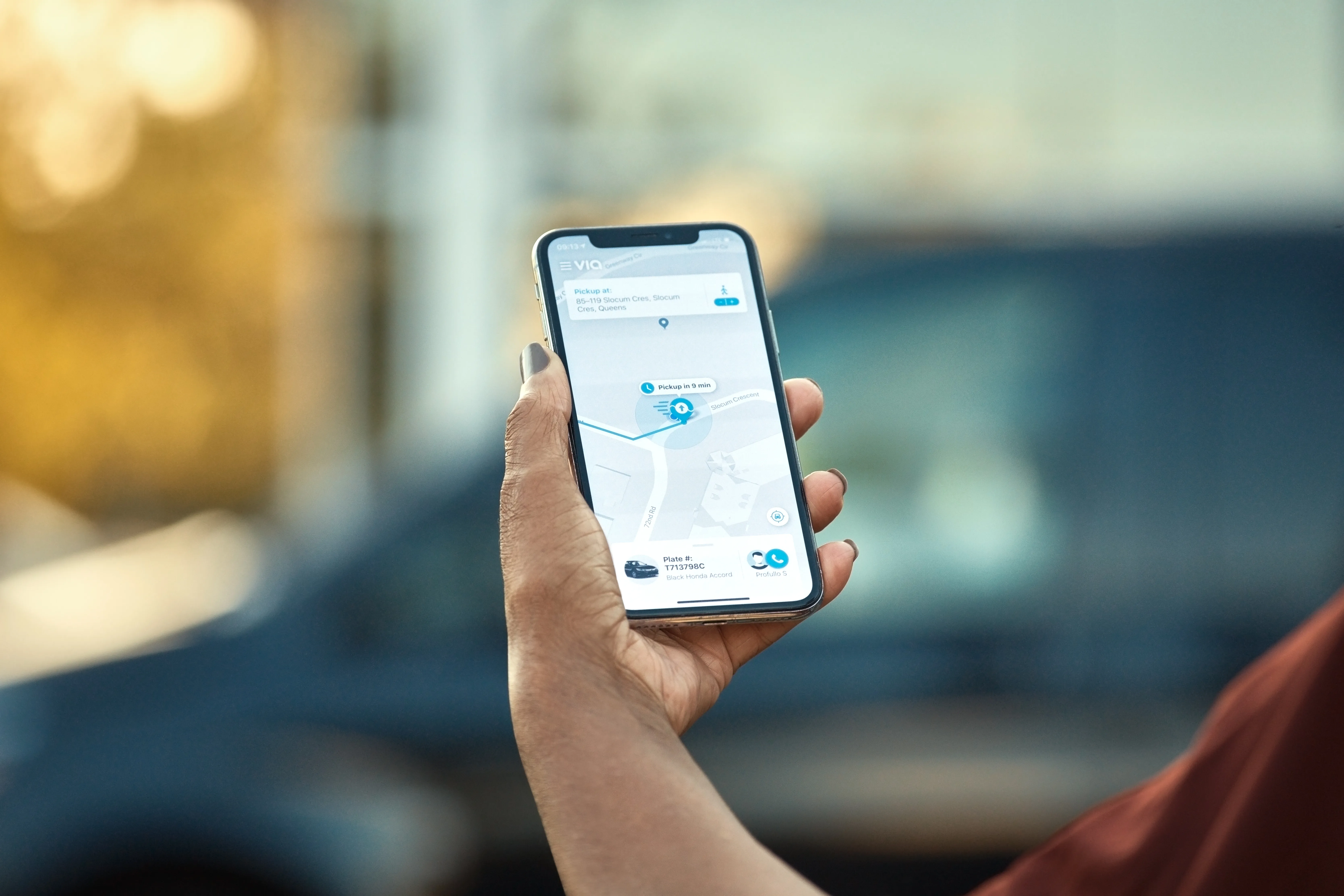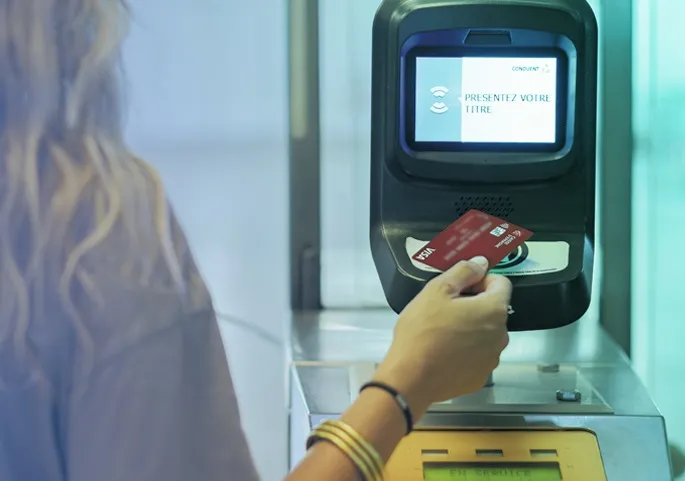
Payment firm BPC is using its O-City product to enable cashless payments on up to 10,000 matutu buses in Nairobi, Kenya.
These vehicles provide a vital transport service in the east African country's capital as part of the informal networks which are a feature of many of the world's emerging economies.
O-City is BPC's automated fare collection platform, which utilises the M-Pesa mobile wallet.
BPC says this wallet is used by 90% of the population in Kenya.
Tokhir Abdukadyrov, senior vice president of smart city and transport solutions at BPC, says: “By connecting our O-City platform to mobile wallet M-Pesa, we're able to build a simple contactless fare solution that is familiar to the customer and likely to encourage adoption."
"Moreover, it enables us to scale fast to roll out the service at a time when cashless payments have a new-found importance."
BPC is working with transport savings specialist NikoDigi and payments firm Tracom.
NikoDigi managing director Patrick Karera says: “We dubbed the solution 'Lipafare' meaning 'pay fare'. The platform has been embraced by passengers because of its ease of use, but also because it eliminates cash transactions during the Covid-19 pandemic.”
Passengers enter a code on their phone and a debit is made on their wallet, which can be instantly seen by drivers.
Buses and routes are privately owned by operators which are leased to drivers who must meet daily financial fare targets, before generating their own earnings.
According to BPC, fare pricing differs depending on the route and a range of factors, so digitising the transactions enables visibility and reliability of fare data.
Part of the pilot includes an educational campaign to promote the benefits of the service to bus owners and drivers.
Last week a major global partnership was announced to develop informal transport networks.









